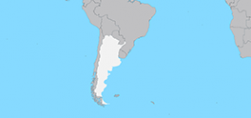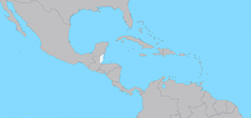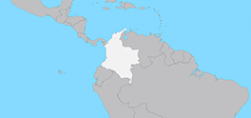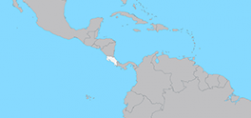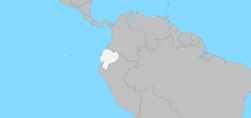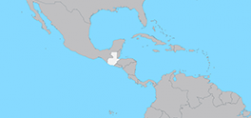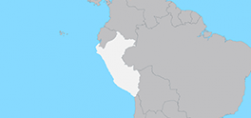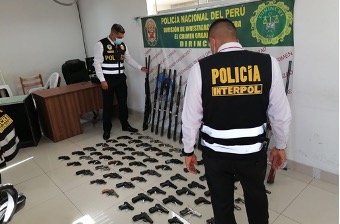
Support to the coordination of Operation Trigger VI against firearms trafficking in Latin America by UNODC Global Firearms Programme and INTERPOL
From 8 to 28 March 2021, in the framework of the project “Countering transnational illicit arms trafficking through the implementation of the United Nations Convention Against Transnational Organised Crime and its Firearms Protocol”, UNODC Global Firearms Programme worked closely with INTERPOL and jointly coordinated Operation Trigger VI in Latin America – a law enforcement operation targeting firearms trafficking across South America that saw the seizure of thousands of illicit firearms and generated global intelligence on crime networks and smuggling routes. The operation led to the arrest of almost 4,000 suspects, and the seizure of some 200,000 illicit firearms, parts, components, ammunition and explosives. During the joint operation, the police, customs, border and prosecution services worked in cooperation. Operation Trigger VI led participating countries to detect new regional trends that will assist in preventing, uncovering and prosecuting criminal activities in the future. These trends include an increase in the circulation of ghost guns, replica weapons or firearms with obliterated serial numbers; trafficking in parts and components through postal services from Asia, Europe and North America to South America by mail; linkages with human trafficking and illegal drugs; importance of promoting gender mainstreaming at a policy as well as operational level; and the use of smugglers of South America’s vast coastline, densely forested mountains and numerous clandestine airstrips. Following the operation, UNODC has been working with prosecution services across the continent to monitor how cases are treated in the justice system, identify potential needs and offer technical advice as appropriate.
The project “Countering transnational illicit arms trafficking through the implementation of the United Nations Convention Against Transnational Organized Crime and its Firearms Protocol” has as its overall objective to prevent and counter the illicit manufacturing of and trafficking in firearms, and their links to transnational organised crime and terrorism, through the ratification and implementation of the Protocol against the Illicit Manufacturing of and Trafficking in Firearms, their parts and Components and Ammunition, supplementing the United Nations Convention Against Transnational Organized Crime (UNTOC). The project is implemented by the Global Firearms Programme (GFP), established by the first project funded by the European Union (EU) (IFS /2010 /259-204), which builds upon five interconnected pillars, including: (1) adequate policy and legislative frameworks, (2) implementation of comprehensive firearms control and regulatory frameworks, (3) effective criminal justice responses to illicit trafficking and related crimes, (4) broad international cooperation and regular exchanges of information and expertise through communities of practitioners, and (5) enhanced knowledge and intelligence on firearms trafficking to monitor illicit trafficking flows.
The project’s outcomes aim at supporting these interconnected building blocks, and the activities programmed in order to achieve them include four outputs, namely: (1) increase awareness of the firearms issue and its international responses, and adequate policy and legislative frameworks in place, in line with relevant international and regional instruments; (2) increase capacities of countries and sub-regions to implement effective firearms control regimes in line with the Firearms Protocol and other relevant instruments, and to prevent, investigate and prosecute firearms trafficking and related offences through effective national response and international law enforcement and judicial cooperation; (3) support effective cooperation and sharing of information and good practices among communities of firearms and organised crime/terrorism practitioners, through regular contacts and use of specialised cooperation networks and platforms and taking advantage of existing initiatives; and (4) improve capacity to monitor, analyse and identify synergies for firearms legislation and case-law with and amongst other forms of transnational organised crime, including cybercrime, money laundering, illicit drug trafficking, smuggling of migrants, or terrorism, inter alia.


